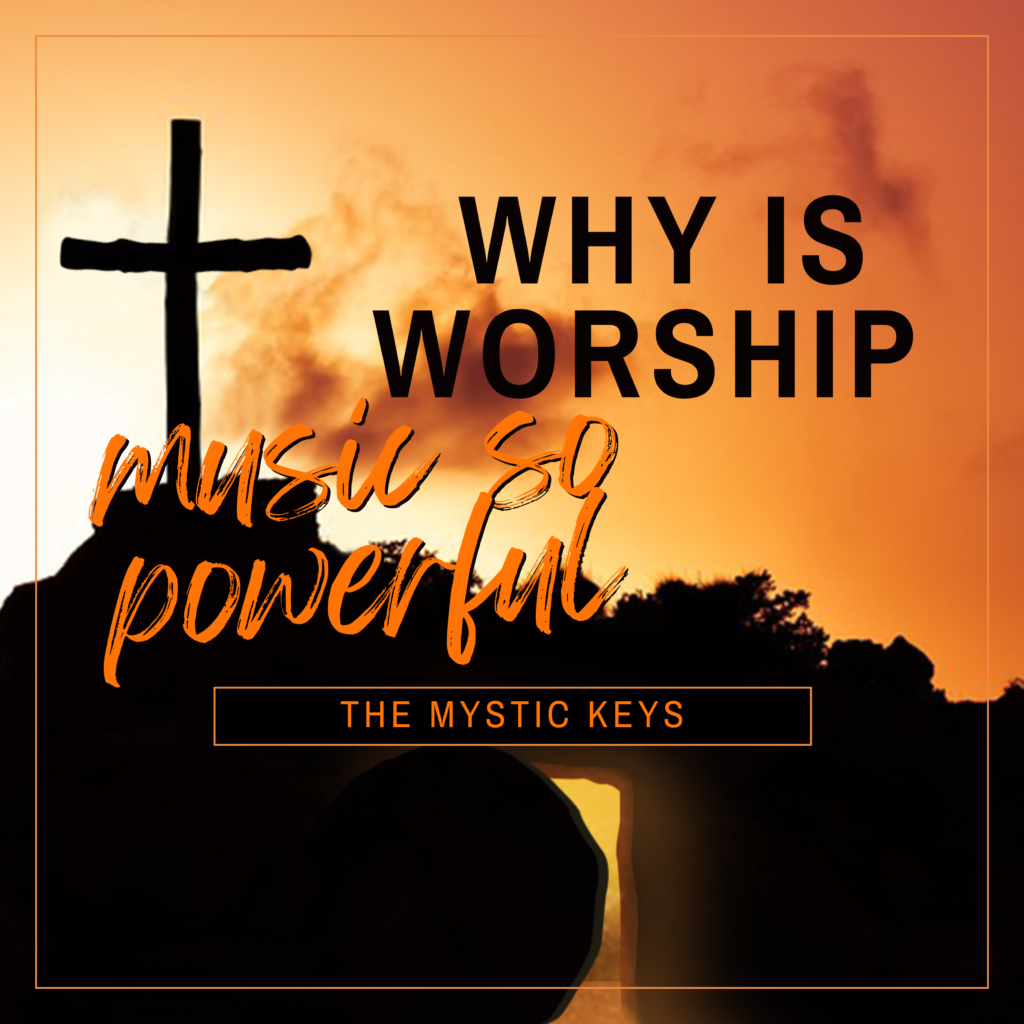Worship music holds a special place in the hearts of millions around the world. It is more than just a genre of music—it’s an experience, a gateway to deeper spiritual connection, emotional healing, and community bonding. At The Mystic Keys, where we teach music ranging from classical piano to Hindustani traditions, we’ve seen firsthand how worship music can profoundly impact our students and the way they approach both music and life. But why is worship music so powerful?
In this blog, we’ll delve into the science, spirituality, and emotional potency of worship music, exploring why it resonates so deeply with listeners and musicians alike.
The Spiritual Connection- Music as a Language of the Divine
Worship music is powerful because it is designed to direct our hearts and minds toward something greater than ourselves. Whether one believes in a higher power, the universe, or simply the beauty of life, worship music often speaks to those spiritual needs we all share. The lyrics, often full of praise, gratitude, and supplication, act as a form of prayer. When combined with melodies that evoke peace, joy, or reverence, worship music allows people to express emotions that are often hard to put into words.
At The Mystic Keys, many of our students come to us with the desire to play music that reflects their faith. When they sit at the piano or strum a guitar to play a worship song, they aren’t just playing notes—they are engaging in a form of spiritual expression. This act of creation becomes a conversation between the musician and their faith, whether they’re playing a simple hymn or a more complex piece.
For many, playing or listening to worship music feels like an act of surrender, allowing them to feel connected to something larger than themselves. This connection can be profoundly healing, bringing peace and clarity in moments of difficulty.








